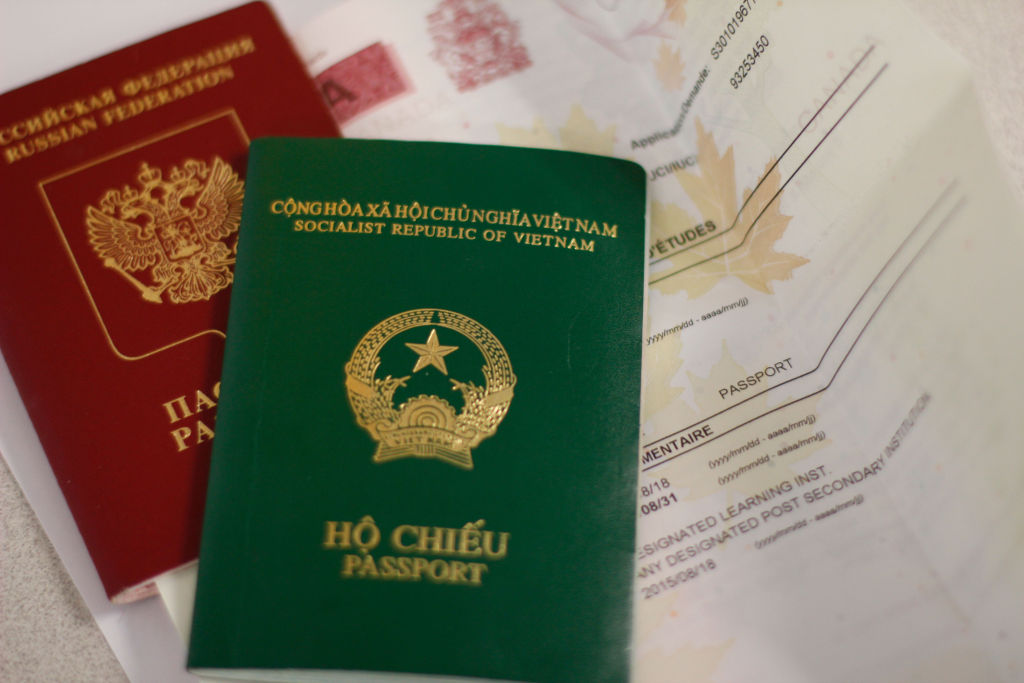 The college is making sure its international students going out on internships this spring get their field placement work permits on time.
The college is making sure its international students going out on internships this spring get their field placement work permits on time.
According to the federal law and Immigration, Refugees and Citizenship Canada (IRCC), all international students going through integrated learning experience as a part of their programs must have a field placement work permit.
Being involved in an internship without having a field placement work permit can result in federal law violation and, as internship time approaches, the college puts every effort to avoid this situation.
“We’re meant to make sure that if we’re sending out someone on field placement, we tell them that they’re supposed to have one of these work permits. So the International Centre is going to be organizing the effort to make sure that future students are more prepared for this before they leave their country,” said Andrew Coxhead, Algonquin’s Media Studies Chair.
After arriving to Canada, with the study permit, all international students get a chance to work for up to 20 hours a week, which is considered unskilled labour by the IRCC. But when it comes to field placements, the situation is different.
“This is part of the confusion. Everyone gets the 20 hour work permit, but that’s telling you that you can go work at McDonald’s as a cashier,” said Ernest Mulvey, director of the International Education Centre at Algonquin. “If you’re doing integrated work experience that can be paid, unpaid, on campus or off campus, you need a second work permit, because you are potentially taking the job away from a skilled Canadian and IRCC wants to track that.”
The international students have a hard time grasping that the 20 hour work permit that comes automatically is not sufficient for their field placements, said Mulvey.
So far the college hasn’t had any cases of missed internships due to work permits, but, there were students at risk, as, according to Mulvey, the work permit processing time recently increased from 10 days to up to 60 days.
Algonquin live email is one of the main tools that the International Centre uses to support its students. In order to avoid missing any important information from the IRCC, the college stresses the importance of checking the mailbox regularly.
“We send out alerts to all students and we find that students simply don’t log onto the Algonquin live email or don’t read important emails, whether it’s co-op or permits or other important information that we want to disseminate to them. And it’s essential that they take responsibility for log in at least once a week and read through all emails and remain up to date on things that happened,” said Mulvey.
The application process is online, free of charge and takes about 20 minutes. It is also necessary to attach a letter from a program coordinator.
“If you follow the guideline and provide all the required documents, there shouldn’t be a problem,” said Abby Sun, an international student from China, who is currently going through the application process to get her co-op work permit.


